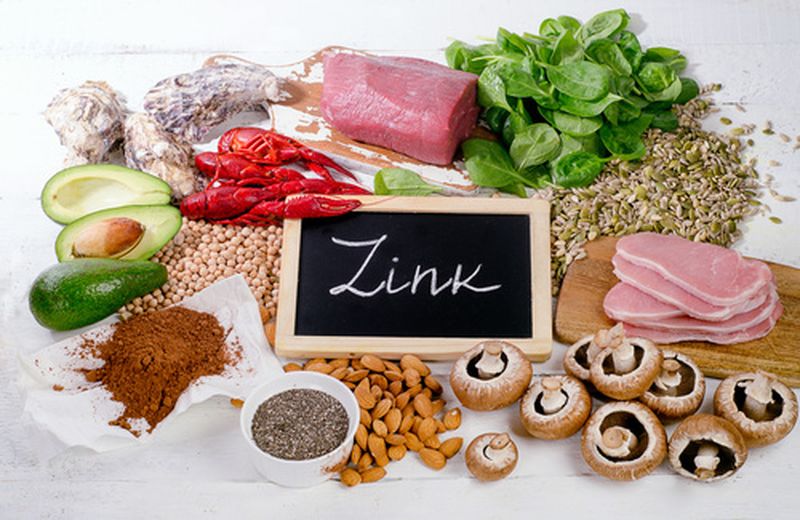Zinc deficiency and colds
There are small tricks that can solve big problems: for example, the correct intake of mineral salts can benefit the state of well-being and can even be curative.

One wonders why a single mineral can be so decisive in even curing colds .
The human body is a complex organism finely regulated by thousands of chemical reactions : to make them all take place, many molecules are needed, many of which are still little known.
Zinc intervenes in several of these rations as an essential element of enzymes or “facilitators” of these reactions, as well as interfering in the action of some viruses.
How is zinc deficiency linked to colds ?
Read also Herbs to cure colds >>
Zinc deficiency and colds: how and why
What was initially just an intuition has turned out to be a scientifically proven reality: zinc is able to block the viral replication of rhinoviruses (the cause of about 50% of all colds) in the nasal mucosa.
That is, zinc interferes in the “duplication” of cold viruses and prevents their proliferation inside our nose, thus blocking the development of the cold itself.
The first scientific research on this seems to date back to 1974 with an article published by Korant, Kauer and Butterworth in the journal Nature, in which they illustrated their study on the ability of zinc ions to inhibit the replication of rhinoviruses.
Subsequent studies have also shown that zinc (in ionic form) can bind to the ICAM-1 receptor (point of “attachment” of the cold virus on nasal epithelial cells) and thus prevent the progression of the viral infection within our nose.
It is therefore evident that a deficiency of zinc from low intake with the diet can decrease the protective effect on the nasal mucous membranes and therefore make them more vulnerable to colds .
In the event of an emergency, ie zinc deficiency and the presence of a cold, zinc-based supplements can be useful as “first aid”. The doses studied at the moment reach up to 70 mg of zinc per day for adults (about 10-15 mg for school-aged children) without any side effects but with an average reduction of 40% in the duration of the cold.
Zinc: what is it?
Zinc is a mineral naturally present in the body in higher quantities than other trace elements, with the exception of iron. Within the human body it plays a crucial role in the absorption of vitamins, in the functioning of several hormones, including insulin, sex and growth hormones.
There are several foods rich in zinc, to be introduced into our diet to avoid deficiencies.
Among the main ones we mention:
> Dried fruit ;
> seeds: especially pumpkin , sunflower , sesame ;
> legumes ;
> wheat germ ;
> brewer’s yeast ;
> fish and meat ;
> milk and eggs .




























+ There are no comments
Add yours